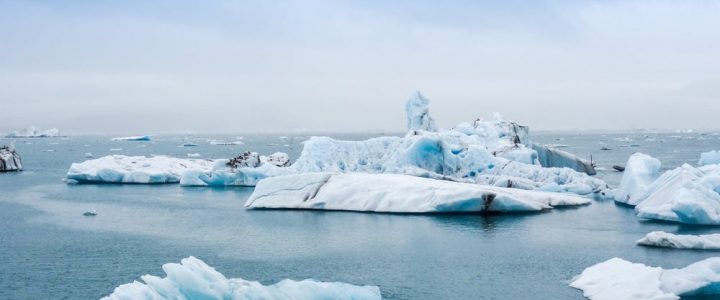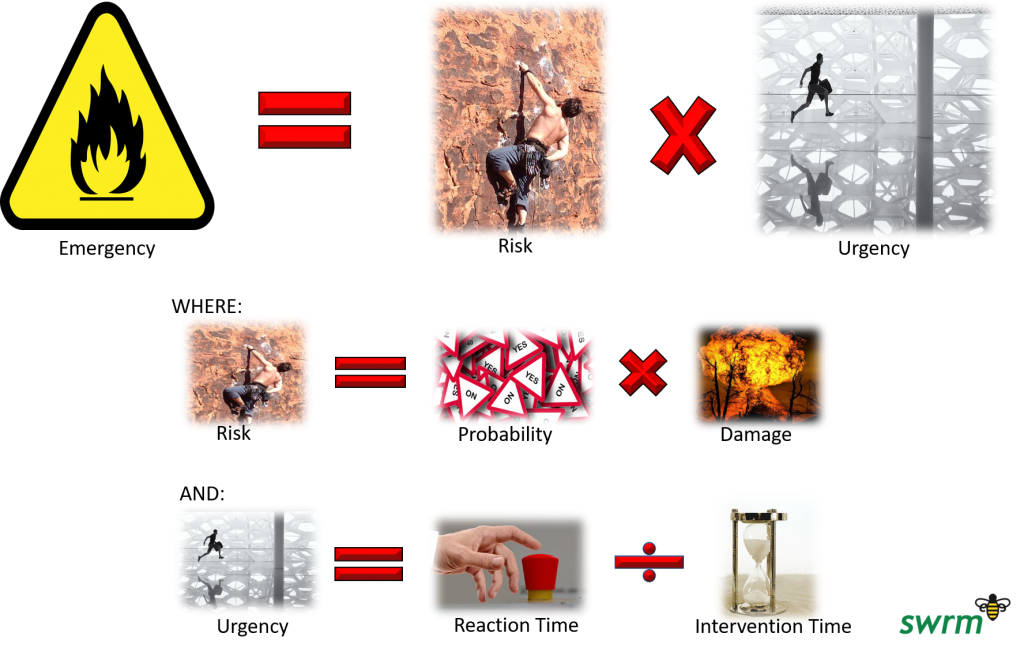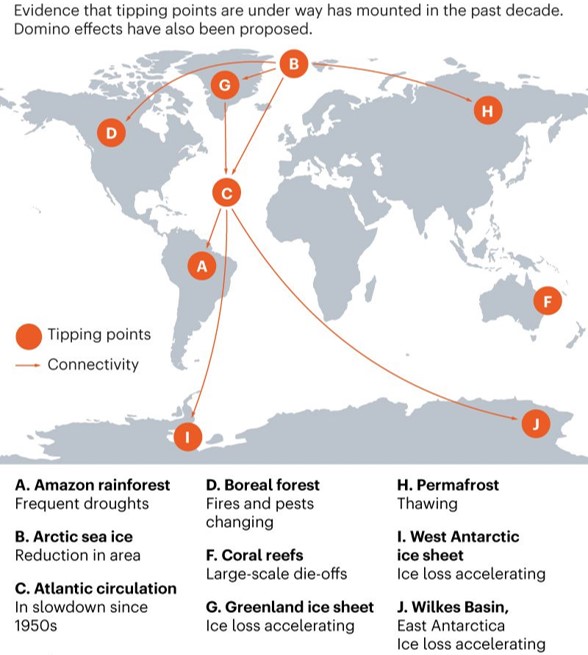
Way back in 2009, world acclaimed climate scientist and Director of the Penn State Earth System Science Center, Michael E Mann was at the centre of “Climategate”. Thousands of private emails from the University of East Anglia were hacked and excerpts between Michael Mann and fellow climate scientists were leaked. The snippets were taken out of context and used to paint a picture that Mann had been making fraudulent claims about his own climate research. This took place shortly before the COP15 meeting, seemingly in the hopes to disrupt conversation and distract from the meaning of the meeting. Thankfully, it did not do this. And, in fact after investigations of this fake news took place, the climate denial movement lost momentum and face, as they had been caught out lying.

In 2011, Mann was again required to defend his character when a member of the Canadian think-tank, The Frontier Center for Public Policy (which often promotes climate change denial), called for Mann to be imprisoned. The defamation claim Mann filed was only recently put to rest — 8 years later — by a formal letter of apology sent to Mann. So after several rounds of legal battles, Michael E Mann stands tall. He has been vindicated and the science confirmed. What then, is his latest take on the climate emergency? Is it, in fact, an emergency?
Let me take a tangent away from Professor Mann at this point, and explore the use of that phrase. Oxford Dictionaries have recently named ‘climate emergency’ as their Word of the Year for 2019. And they define it as “a situation in which urgent action is required to reduce or halt climate change and avoid potentially irreversible environmental damage resulting from it.” So indeed, by this definition, we are mid-climate emergency. Can we define ’emergency’ mathematically? If you ask Professor Timothy Lenton, Director of the Global Systems Institute, you can. He and several other climate and sustainability scientists and professors have written this equation:

with Emergency (E) as the product of Risk (R) and Urgency (U); Risk is defined by insurers as probability (p) multiplied by Damage (D); and Urgency is defined in emergency situations as reaction time to an alert (τ ) divided by the intervention time left to avoid a bad outcome (T).
Therefore, the situation is an emergency if both risk and urgency are high. If reaction time is longer than the intervention time left (τ / T > 1), we have lost control. Lenton et al argue that intervention time left to prevent tipping could already have shrunk near zero, whereas the reaction time to achieve net zero emissions is merely 30 years. Hence, we might already have lost control of whether tipping happens. They admit that a saving grace is that the rate at which damage accumulates from tipping — and the risk posed — could still be under our control…to some extent.

This then brings me to the term ‘tipping points’, which doubtlessly you saw used more often as 2019 drew to a close. The term, in reference to the climate, was introduced more than two decades ago to describe things which might occur to indicate we are beyond climatic redemption. These occurrences indicate we’ve crossed a threshold, and we cannot reverse their effects. It was originally thought that these tipping points would be activated once global warming reached 5 degrees Celsius. But we’re actually likely to start seeing them when we reach between 1 and 2 degrees of global warming. Oh, and we’re already at the 1 degree mark – and a couple of tipping points are thought to have been breached: West Antarctica and Greenland. Will Steffan, another author of the paper published in ‘Nature’ in November last year, suggests that we have 20-25 years before we’ve committed to losing Greenland.
But the real risk is that a keystone tipping point will commence a cascade of tipping points – a global tipping point will then be inevitable, which is an “existential threat to civilization”, according to Lenton. Although there isn’t consensus on the level of risk associated with this outcome becoming a reality, it is the view of he and his peers that given the enormous impact and irreversible nature of such occurrences, “To err on the side of danger is not a responsible option.”

Okay, let’s get back to the esteemed Michael Mann. He has recently been visiting Australia. A country which you’re probably aware, is largely on fire. Actually on fire. And led by a coal-loving climate denier (who has taken a lump of coal into sitting Parliament – that’s how much he loves — and funds– the industry). Michael Mann has expressed deep concern over the new tacks of climate denial (which he labels as ‘villainous’ and ‘immoral’). He has spoken about the first of these being a very heavy emphasis placed on individual responsibility – taking the onus away from corporations, and of course distracting people from the larger cause of the problems. The second way climate denial has changed is that they are grabbing onto the fear and panic (which from where I sit, in smoke haze in an outer suburb of Melbourne, Australia, is not unwarranted), and turning this into a doomist attitude. The climate denial movement long ran out of any ‘science’ to debunk the actual science, so placing emphasis on the reality of the climate change and applying the added message of ‘it’s too late, why bother doing anything about it?’, is probably their last available move. And it’s scarily effective, as it has a “veneer of credibility”, said Mann.
So it’s our responsibility to take the wind right out of the sails of those arguments. Whilst we absolutely, unarguably require complete system change, we are still each inhabitants on the planet, and thereby must take as much individual responsibility as our station in life affords us. And we are not doomed! Repeat after me: we are NOT doomed! We have started some irreversible climate patterns, yes. We will need to make major adaptations to our lifestyle, yes. But this does not equate to being doomed. Far from it! It’s an opportunity to shine in new ways, surround ourselves with innovations, and do what species have done for millions of years – evolve and adapt. 2020 must be the year for unequivocal change to mitigate the climate emergency. No more blame, just action. In fact, I vote we ditch the ‘ok, boomer’ thing and go with ‘ok, doomer’, to make sure ‘doomerism’ gets no further traction.




